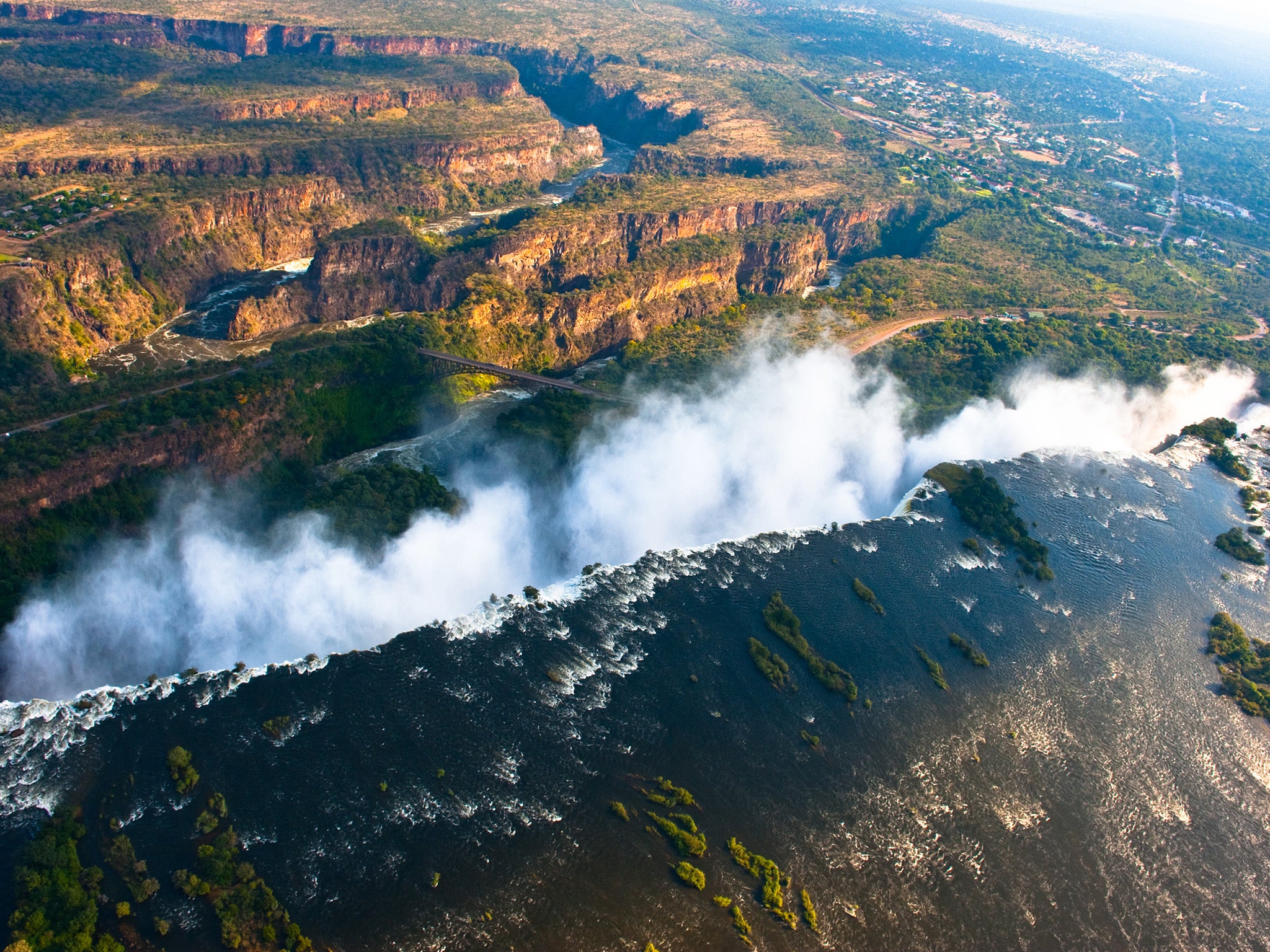Climate crisis forcing Zimbabwean women and children into prostitution
Women from farming communities are faced with few alternatives to sex work

The havoc climate change is wreaking on farming communities in Zimbabwe is forcing young women and children into prostitution.
It is estimated hundreds of girls from the nation’s rural regions have joined the sex trade in towns and cities after droughts and flash floods destroyed their crops.
Teenager Chipo told Al Jazeera she fled to the town of Epworth after her rural home was devastated by flash floods.
Chipo, whose name has been changed to protect her identity, is among hundreds of girls from Zimbabwe’s rural regions who have engaged in sex work in recent years.
She said: “I came at the age of 16. I could not supplement my education because of no money. Later on, I found myself joining sex work.
“Sometimes we are infected with sexually transmitted infections, but it’s business so we seek treatment.
“In 2020, the year I finished [school], I expected to plant soya beans, which is a less labour intensive cash crop, so that I could pay fees and rent a room. The rains came but they turned into floods and washed away my project.”
Climate change will cause average temperatures in Zimbabwe to rise by an estimated 3C by the end of the century, while annual rainfall could decline by 5 to 18 per cent, especially in the south of the country.
Memory Kanyati, provincial director of the Zimbabwe Youth Council Harare, said there were a growing number of children in prostitution.
“We are seeing many of them involved in this dangerous trade, a situation which is not healthy for them,” she added.
Daniel Sithole – a climate analyst and director of Green Shango Trust, a non-profit organisation focusing on climate change mitigation, said Zimbabwe’s women were disproportionately vulnerable to the effects of global warming.
Subscribe to Independent Premium to bookmark this article
Want to bookmark your favourite articles and stories to read or reference later? Start your Independent Premium subscription today.

Join our commenting forum
Join thought-provoking conversations, follow other Independent readers and see their replies